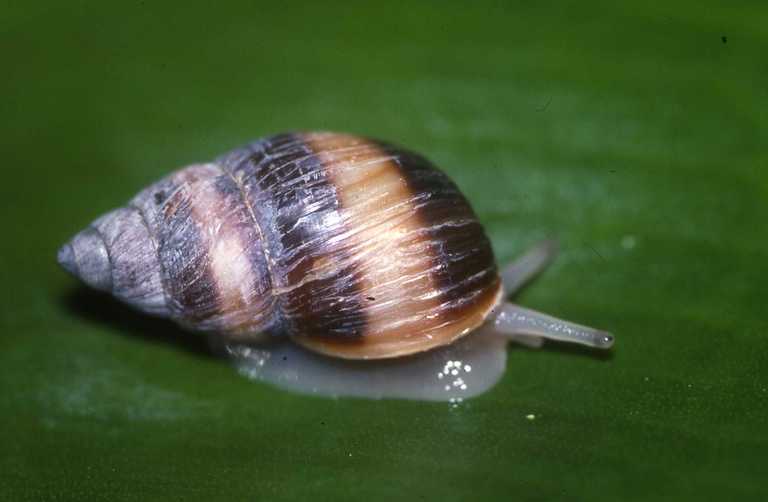(单词翻译:单击)
They were living off the microbes in the surface scum of pools, which in turn were feeding on hydrogen sulfide from hot springs.
它们靠水塘浮渣里的微生物来维持生命,而那些微生物又以温泉里的硫化氢为食料。
Our instinct may be to see the impossibility of tracking everything down as frustrating, dispiriting, perhaps even appalling, but it can just as well be viewed as almost unbearably exciting. We live on a planet that has a more or less infinite capacity to surprise. What reasoning person could possibly want it any other way?
我们也许会本能地认为,我们不可能发现世界上的一切,这是一件令人泄气的事,甚至是一件令人可怕的事,但这同样可以被看成是一件极其激动人心的事。我们所生活的这颗行星,几乎有着给人惊喜的无限本事。哪个有理性的人不愿意这样呢?
What is nearly always most arresting in any ramble through the scattered disciplines of modern science is realizing how many people have been willing to devote lifetimes to the most sumptuously esoteric lines of inquiry. In one of his essays, Stephen Jay Gould notes how a hero of his named Henry Edward Crampton spent fifty years, from 1906 to his death in 1956, quietly studying a genus of land snails in Polynesia called Par tula. Over and over, year after year, Crampton measured to the tiniest degree — to eight decimal places — the whorls and arcs and gentle curves of numberless Partula, compiling the results into fastidiously detailed tables. A single line of text in a Crampton table could represent weeks of measurement and calculation.
在浏览现代科学支离破碎的学科的时候,最引人注目的几乎总是发现许多人愿意花费毕生的心血来探索最花时间的冷门领域。斯蒂芬·杰伊·古尔德在一篇散文中指出,他起名为亨利·爱德华·克兰普顿的主人公花了50年时间,从1906年直到l956年去世,不声不响地研究波利尼西亚的一种名叫柄眼蜗牛的陆地蜗牛。年复一年,克兰普顿把数不清的柄眼蜗牛的螺层、弧度以及和缓的弯曲度一遍又一遍地测量到最精细的程度——到小数点后面8位——把结果编成了许多详详细细的表。克兰普顿表格里的一行字都可能代表几个星期的测量和计算。


